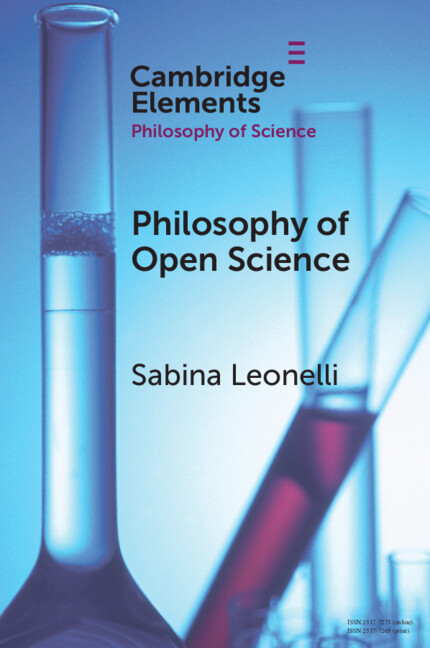Can AI Make Research More Open?

Send us a link

To create a research culture that makes the best use of available data, the FAIR principles need to be extended

Measures intended to encourage openness are clashing with efforts to reform assessment
As more of the research process is exposed, the readiness and resources of researchers and their institutions must be considered

As a recent consultation on how to monitor open science practices draws to a close, it is argued that if monitoring frameworks aim to capture the widest dimensions of open science as a practice they should include case studies.

A recent work outlines seven kinds of research data misuse and provide recommendations.

Drawing on a review of the published research into the societal impact of open science, Nicki Lisa Cole and colleagues find considerable evidence for the benefits of citizen science, but a much thinner evidence base for the impact of other aspects of open science. Their findings suggest that there is a greater need to consider how these impacts are monitored, and an opportunity to address open science as an inclusive practice, rather than simply a method of opening scientific outputs.

Combining artificial Intelligence (AI) and open science can accelerate scientific discovery, redefine the boundaries of scientific research and democratise access to knowledge.

Counting publications does not build equity, integrity and value.
Inclusion of Open Science principles and guidelines in the new policy framework marks a first for the region and Africa and is set to unlock the full potential of scientific research and drive sustainable development across East Africa.
Major platforms such as the Web of Science, widely used to generate metrics and evaluate researchers, are proprietary. More than 30 research and funding organizations call for the community to commit to platforms that instead are free for all, more transparent about their methods, and without restrictions about how the data can be used.
A treasure trove of published research is locked behind publisher paywalls and out of reach for many underresourced and Minority-Serving Institutions.
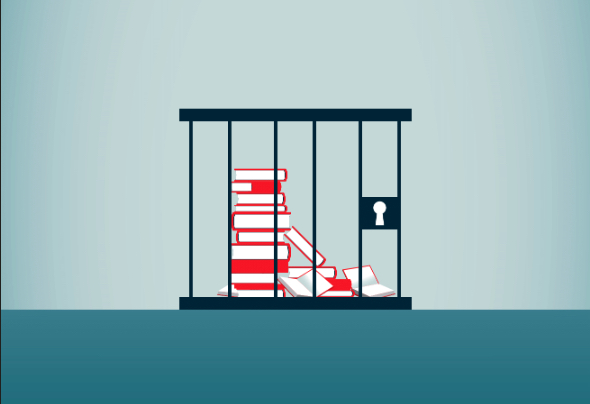
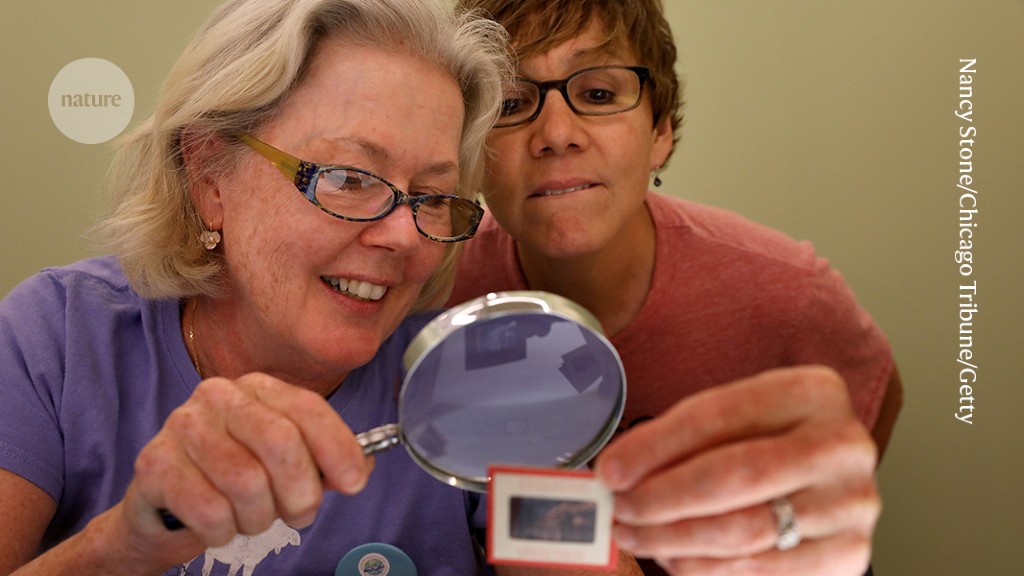
Last December, UNESCO published the first global report on the trends of Open Science (OS). OS is increasing but does so unevenly and its monitoring is mainly focused on outputs, missing potential progress in participation and dialogue.
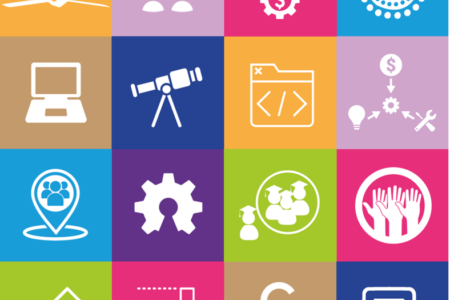
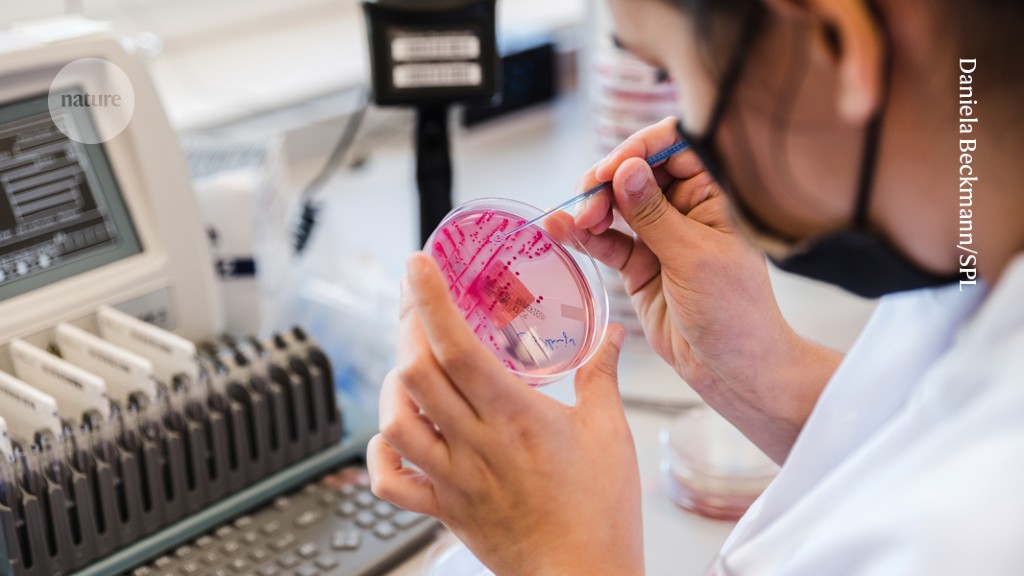
Members of the Society for Scholarly Publishing weigh in with their thoughts on the new "Towards Responsible Publishing" manifesto from cOAlition S.
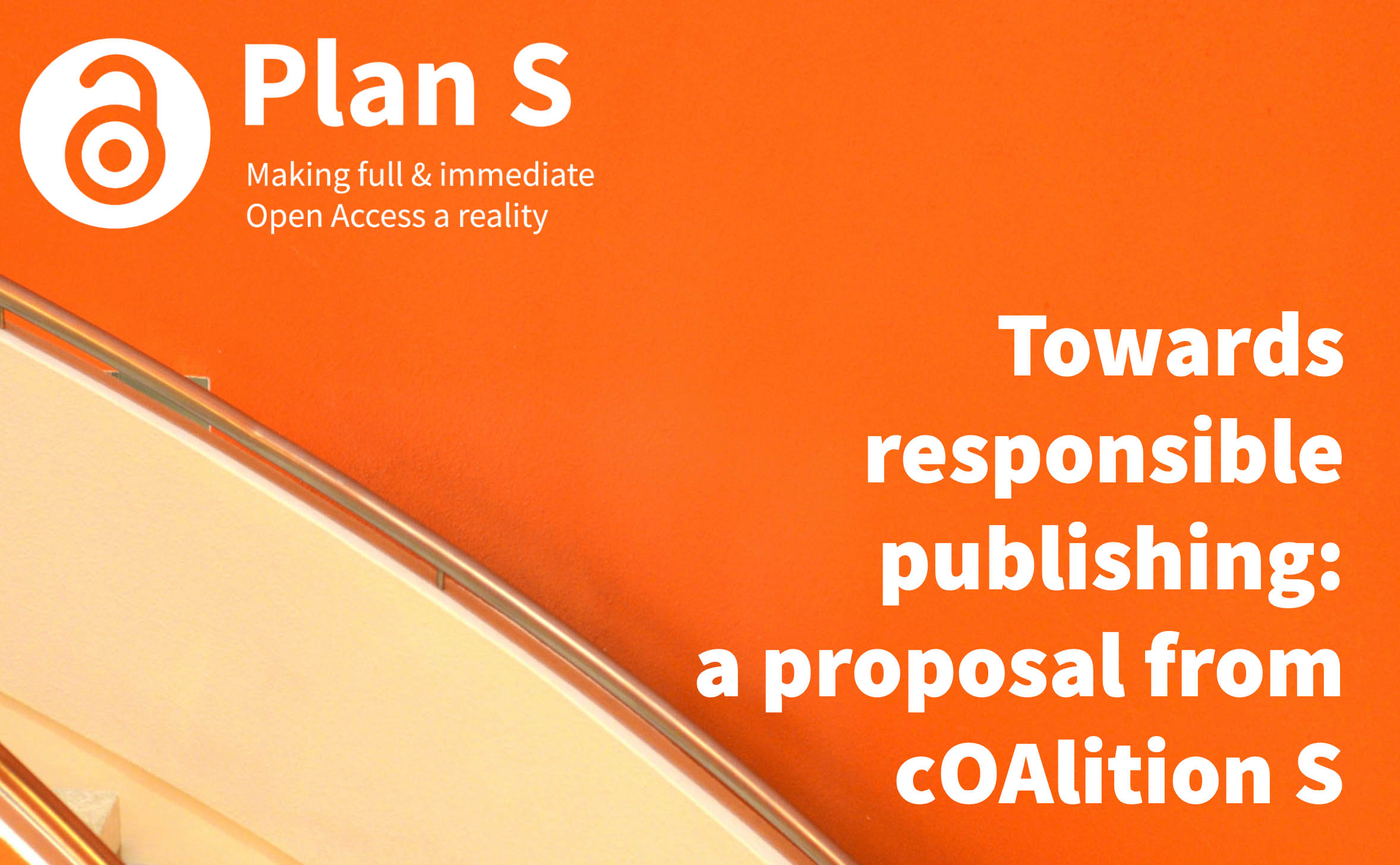
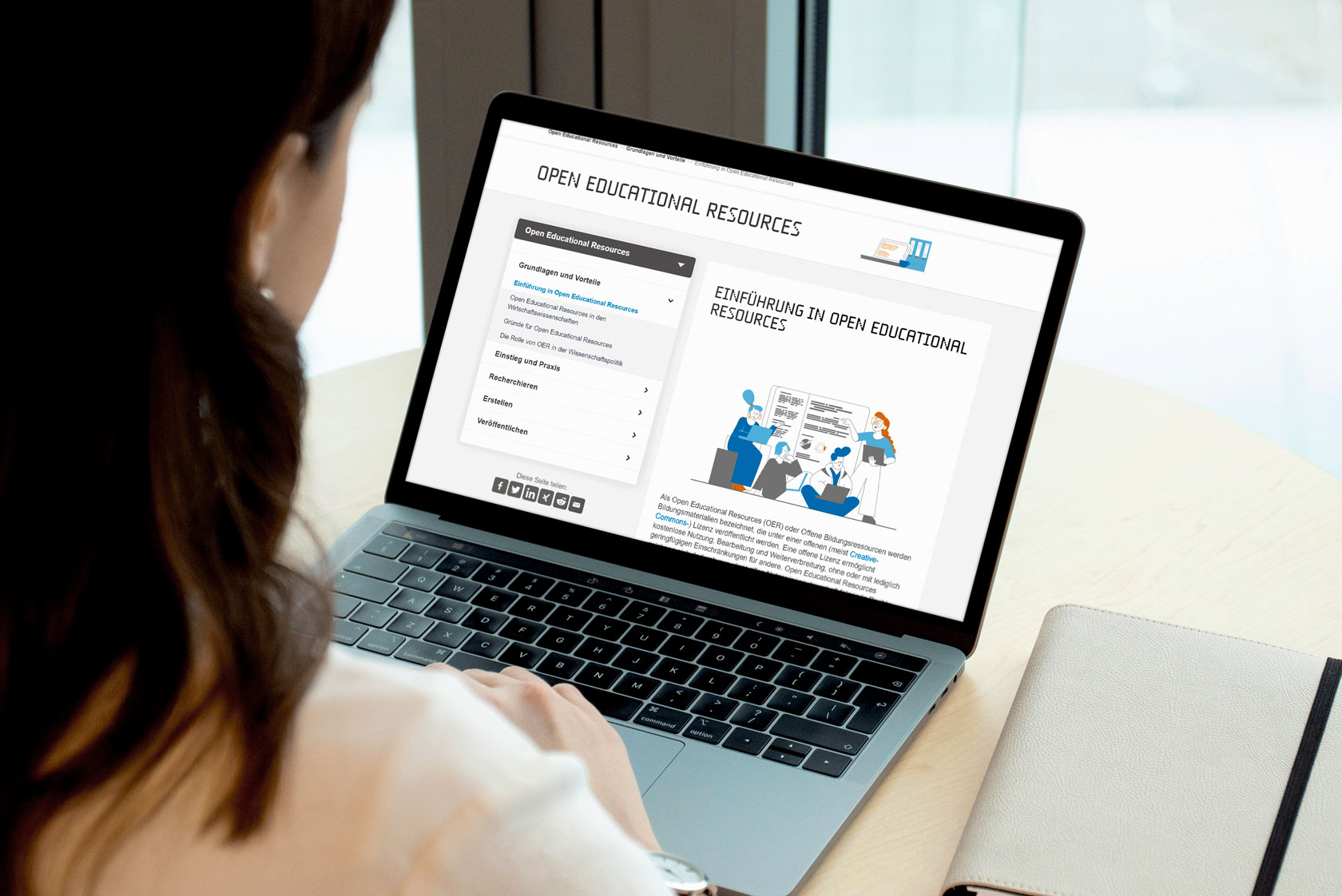
Open data practices are largely conceived and managed in ways that support quantitative, rather than qualitative data. Susie Weller outlines how an ethics of care is essential to making open qualitative data practical and ethical.

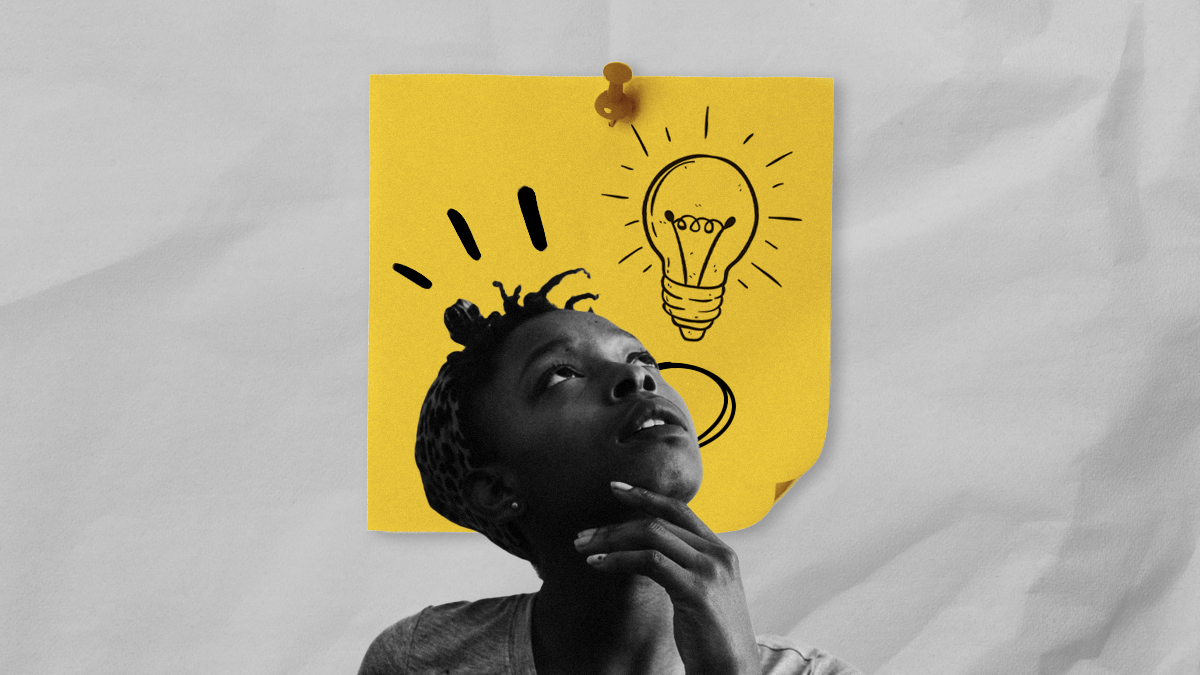
A decade ago, University of Virginia psychology professor Brian Nosek cofounded an unusual nonprofit, the Center for Open Science. It’s been a cheerleader, enabler, and nagger to convince scientists that making their methods, data, and papers available to others makes for better science.

For decades, communities have had little access to scientific information despite paying for it with their tax dollars. To bring open science into the mainstream, we need creative policy solutions - and your help to create them.
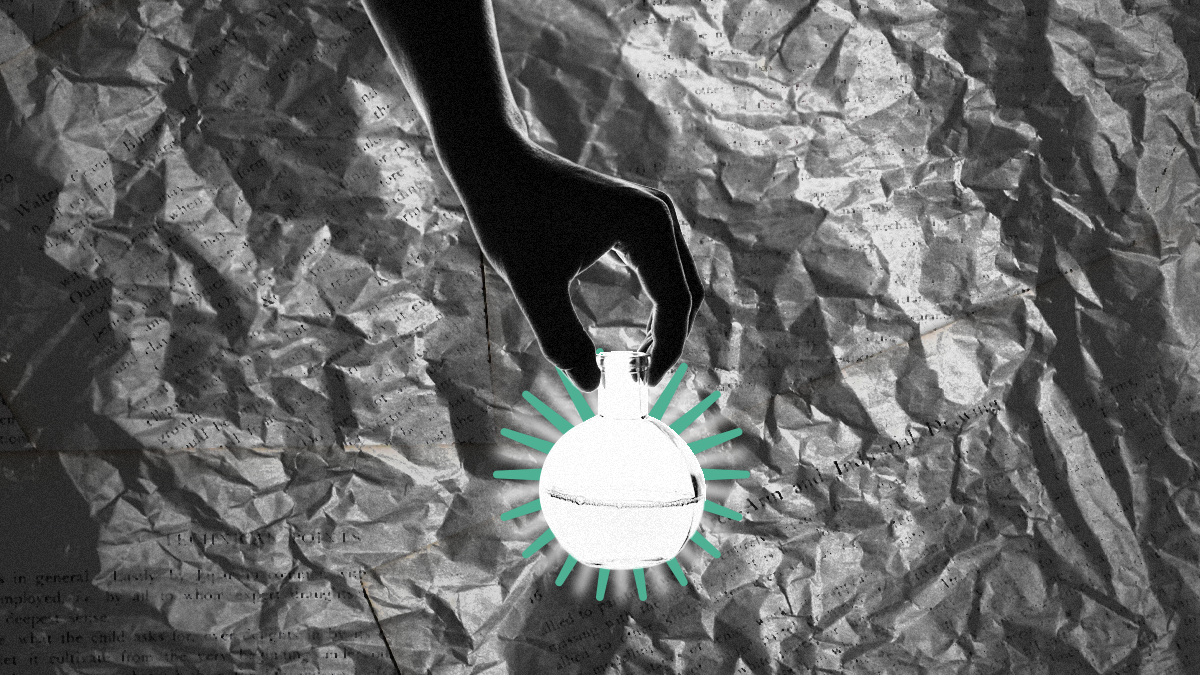
The Arab region comprises 22 member states across the Gulf, North Africa, and Sub-Saharan Africa. Although economic circumstances, and available human, physical and digital capacities vary widely across these 22 states, the region as a whole has the resources and capability to play a pivotal role in the global transition towards more accessible, sustainable and inclusive research and education models.
Open science is increasingly becoming a policy focus and paradigm for all scientific research. Ismael Rafols, Ingeborg Meijer and Jordi Molas-Gallart argue that attempts to monitor the transition to open science should be informed by the values underpinning this change, rather than discrete indicators of open science practices.

